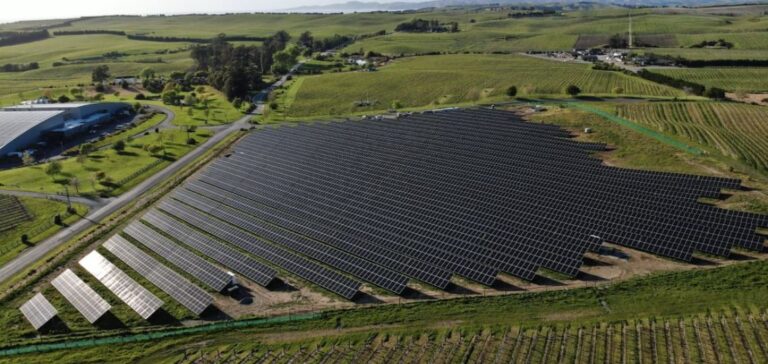The Environment Court has given the green light to the Ruakākā Solar Farm project, led by Meridian Energy. This 120 MW facility, located in the Tai Tokerau Northland region, initially obtained its consent in September from the Northland Regional Council. However, an appeal was filed concerning certain environmental aspects, delaying the final validation.
Rapid resolution of objections
The opposition to the project primarily focused on preserving wetlands and natural dune areas near the installation site. After negotiations between Meridian Energy, stakeholders, and appellants, a compromise was reached. The company committed to strengthening the protection of these natural spaces, facilitating the lifting of objections and allowing the finalization of the approval process.
A key project for electricity production
The Ruakākā Solar Farm, which will integrate up to 250,000 photovoltaic panels, is expected to generate up to 200 GWh of electricity per year. This capacity is equivalent to the electricity consumption of approximately half of Northland’s households. The project is part of a broader strategy to strengthen New Zealand’s energy network and increase the security of electricity supply.
Integration into the Ruakākā Energy Park
The solar farm represents the second phase of the Ruakākā Energy Park, an initiative by Meridian Energy that also includes a 100 MW battery energy storage system. This storage system is expected to be fully operational by April 2025, providing greater flexibility to the national grid by balancing production fluctuations.
Next step: the final investment decision
Although regulatory approval has been secured, the final investment decision still lies with Meridian Energy’s board of directors. This decision is expected in March 2025. If approved, construction of the site will begin in mid-2025, with commissioning scheduled for early 2027.






















